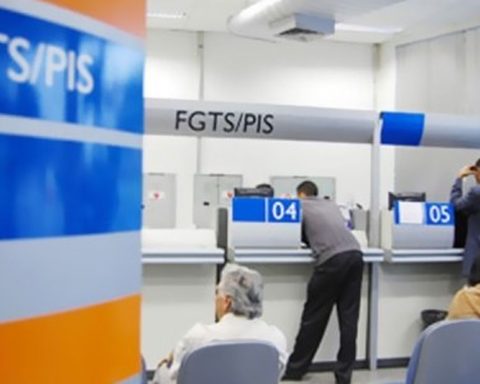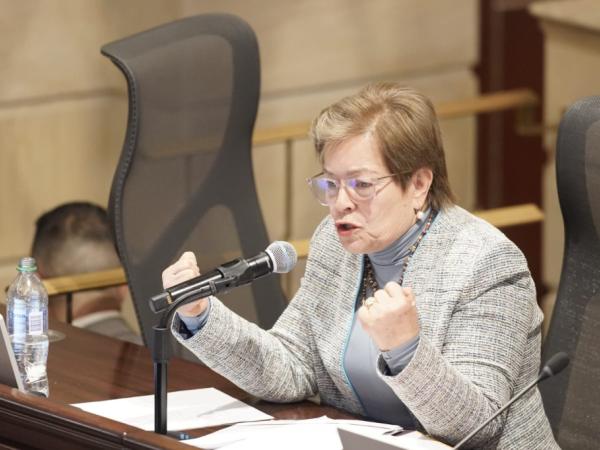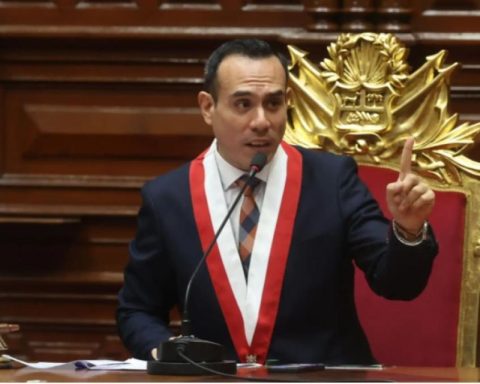The Constitution and Justice Committee (CCJ) of the Senate approved, this Wednesday (16), in Brasília, a bill that authorizes the carrying of firearms for socio-educational security agents – who deal with young offenders – and also for bailiffs.
As the matter was approved on a final basis, if no appeal is presented for a vote in the Senate Plenary, the text will go straight to the Chamber of Deputies for analysis. Bill 4,256 of 2019 is authored by senator Fabiano Contarato (PT-ES).
“The reality is that these socio-educational agents do work of fundamental importance, putting their lives, their physical integrity, their moral integrity and that of their family and society itself at risk. If there is an invasion inside a detention unit for teenagers in conflict with the law, the people who will be affected will be these socio-educational agents”, argued the parliamentarian.
The project modifies the Disarmament Statute (Law 10,826 of 2003), which regulates the possession, carrying and sale of firearms in Brazil. The rapporteur of the matter, senator Esperidião Amim (PP-SC), accepted amendments that also included court officials as a category with the right to carry a firearm.
Protection for the category
The measure was taken “in view of the need to ensure the protection of the category [oficial de justiça] given the risks inherent to their functions, such as complying with court orders in potentially violent situations, without the constant presence of police security”, explained Senator Hamilton Mourão (Republicanos-RS), who read Senator Amim’s opinion during the session.
The bill provides for exemption from gun registration and maintenance fees for civil servants, whether acquired privately or by the institution to which they are linked.
“Many of these employees already face economic pressures and the need to pay for these procedures could make it impossible to exercise the right granted by law”, explained rapporteur Amim.
Weapon carrying
According to the text, agents responsible for the security, custody or escort of teenagers will have the right to carry it, both on and off duty.
The proposal requires agents to prove technical capacity and psychological aptitude for handling firearms and allows the purchase and possession of weapons by agents under 25 years of age, which is currently not permitted for ordinary citizens.
The proposal also prohibits the overt use of the weapon. In other words, they must be hidden in the body. Carrying a weapon allows a person to carry weapons. It is a broader authorization than possession of a weapon, which only allows the use of weapons within the home or workplace.















